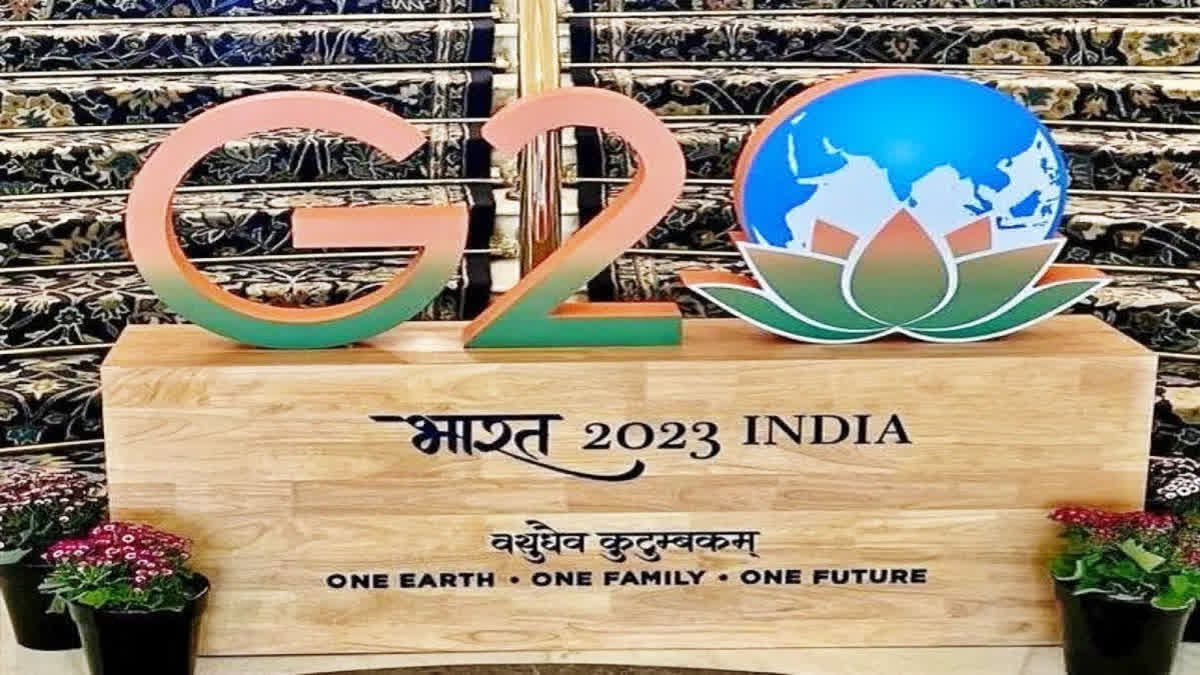The G20 concluded with a great ceremony, as India passed the presidency to Brazil for the upcoming year. India holds significant potential to benefit its farmers and contribute to reducing global hunger. India can leverage its position in both the G20 and revitalized BRICS to achieve these goals.
Now, let’s recap the agricultural aspects: The New Delhi declaration yielded no major agricultural announcements. Many of us had hoped that PM Modi’s strong endorsement of regenerative agriculture during the agricultural ministers’ meeting earlier this year would lead to a global consensus or alliance, championed by India, for promoting regenerative agriculture worldwide.
Unfortunately, this did not materialize. Instead, the Global Biofuel Alliance was launched, primarily led by the US, Brazil, and India. The alliance aims to promote the production, trade, and use of ethanol and other biofuels. Both the US and India now allow ethanol blending with petrol and diesel to reduce imports and encourage domestic fuel production. India’s surplus sugar production presents an opportunity to repurpose excess sugar for ethanol or biofuels.
The G20 has a working group on agriculture with representatives from each member country, aiming to address food security and agricultural cooperation. Given the Ukraine-Russia conflict’s impact on global grain and fertilizer supplies, the Black Sea deal’s non-renewal has compelled countries to prioritize agriculture and grain reserves.
When PM Modi advocated natural farming, it seemed like an opportunity to address both dependence on chemical fertilizers and agricultural emissions with one regenerative farming approach. However, this opportunity was missed at the G20. The Agriculture working group should refocus on placing regenerative farming back on the international agenda, as Green Revolution technology is now outdated and has given rise to new problems. Brazil, as the next president, should prioritize this.
Turning to the climate change agenda at the G20, while the Delhi declaration acknowledged climate change as a global concern, it did little to present agricultural solutions. With India and the African Union now part of the G20, addressing climate change’s impact on farmers in these regions is crucial, given that farmers bear the brunt of floods, droughts, and erratic weather, which directly affect their livelihoods. Therefore, an agriculture and climate alliance is needed to foster stronger cooperation among member states.
